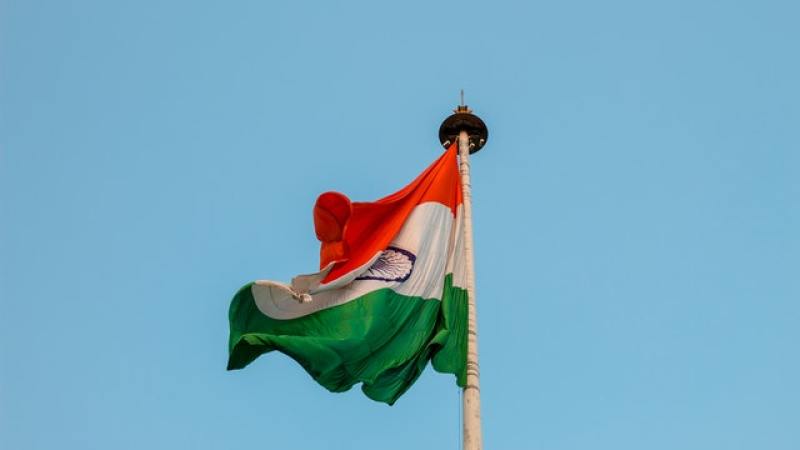
A Christian community in India's Sukhma District was reportedly placed under police surveillance over the false narrative of conversions taking place.
According to the International Christian Concern, Chhattisgarh in central India was put on police surveillance based on information that conversions to Christianity are taking place. The Sukhma Superintendent of Police have given instructions through a circular to monitor the activities of Christians in the said community to prevent conversions into Christianity.
"Maintain a consistent watch over the activities of Christian missionaries and converted tribals residing in the district and report if any of their acts are perceived as suspicions," the New Indian Express quoted from the circular.
The superintendent said that Christians "coax" non-Christians living in tribal areas of India to convert into Christianity. He claimed this led to "animosity" and "fraudulent tactics."
"The Superintendent justified this action by claiming the conversions created animosity and that the missionaries were using fraudulent tactics to entice tribals into converting," the ICC said in their report.
ICC explained that "false narratives" are common in India which is mostly dominated by Hinduism. Radical Hindu nationalists use this excuse to curtail religious freedom and motivate violence based on religion. The very same narratives have led to the enactment of India's "anti-conversion" laws.
In December, India approved the "Prohibition of Unlawful Conversion of Religion Ordinance" that strengthens an earlier similar law known as the "Freedom of Religion Acts." The law punishes any one who will be caught "forcing" religious conversions with 15,000 rupees ($203) and five years imprisonment. The new law was expected to increase Christian persecution in India.
"Often, these laws provide justification for nationalists to attack Christian leaders with impunity. One simply needs to claim that a pastor was engaged in forceful conversions to justify an assault," International Christian Concern Regional Manager for South Asia William Stark said when the new law was passed.
"With attacks on Indian Christians and other minorities continuing to escalate, the approval of an anti-conversion ordinance in India's most populous state will only incite more religiously motivated violence," Stark added.
ICC pointed out that these laws actually violate India's Constitution, particularly Article 25, that allows citizens to practice, profess, and propagate their religion. The laws have not convicted a single individual, however, since its enforcement but have put entire communities of Christians, in particular, under strict scrutiny from local authorities and the police for "unsupported narratives"
Author Chad Bauman, in his book "Anti-Christian Violence In India," revealed that Christian persecution is increasing in India alongside the "rapid decline in religious freedom." He said that in the last decade there has been "roughly 200-300 incidents of anti-Christian violence in India annually."
This increase in Christian persecution in India has prompted activist and Federation of Indian American Christian Organizations Chairman John Prabhudoss to urge the United States Commission on International Religious Freedom in April to retain India in its listing of "country of particular concern" amidst pressures from Hindu nationalists in Washington to have it removed.
Prabhudoss contended that the Indian government remains to be intolerant of religious freedom due to its treatment of minority groups such as Christians in the country.
"The Hindu nationalism has proven to be as dangerous as other forms of religious extremism. Attacks on Christian institutions and churches every single day ever since the (BJP) came to power is indeed a troubling development," Prabhudoss said.
































